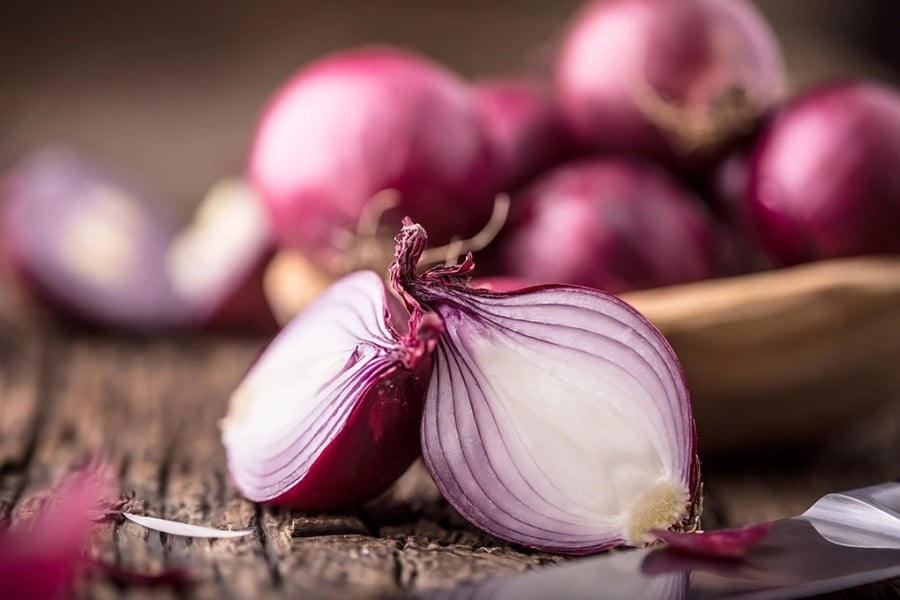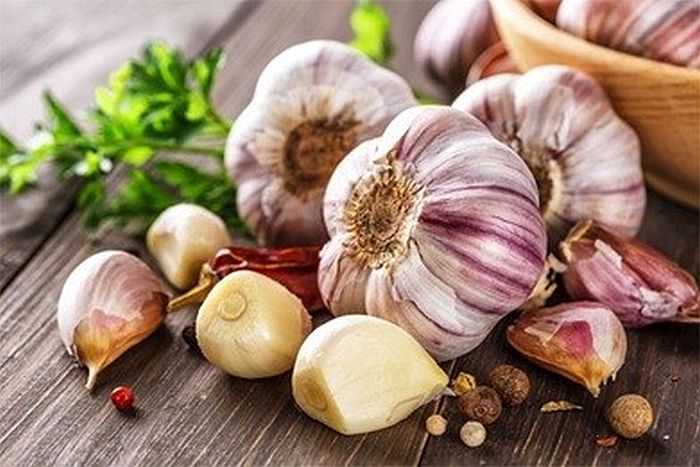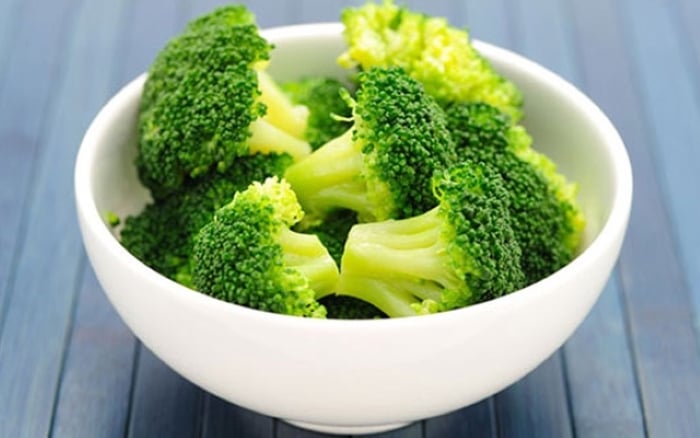Eating raw foods has numerous health benefits, and understanding why some foods offer superior benefits when uncooked can help us make better dietary choices. Raw foods retain their natural digestive enzymes, aiding digestion and enhancing nutrient absorption without requiring excessive energy for breakdown.
Additionally, heat-sensitive nutrients like vitamin C, B-complex vitamins, and certain antioxidants found in fruits and vegetables can degrade when exposed to high temperatures, reducing the nutritional value of cooked foods. Let’s explore four food items that doctors recommend consuming raw to maximize their nutritional benefits:
1. Bell Peppers
Bell peppers are an excellent source of vitamin C, rivaling the content found in citrus fruits like oranges and lemons. Vitamin C is heat-sensitive and can be destroyed when exposed to high temperatures. Cooking bell peppers above 80°C can result in a loss of over 50% of their vitamin C content, reducing their antioxidant and immune-boosting properties.

Bell peppers are a rich source of vitamin C
Consuming bell peppers raw ensures you receive the full benefits of vitamin C, beta-carotene, and antioxidants, which protect your skin, boost immunity, and reduce inflammation in the body. Include raw bell peppers in salads, wraps, or pair them with hummus for a tasty and nutritious treat.
2. Onions
Onions contain allicin, a compound with antibacterial, anti-inflammatory, and cardiovascular protective properties. When cooked, the heat breaks down the structure of allicin, reducing its cardiovascular benefits. Research from the American Heart Association suggests that consuming raw onions can lower the risk of cardiovascular disease by helping to control blood pressure and reducing bad cholesterol levels.

Raw onions improve blood circulation
Raw onions also improve blood circulation, prevent blood clots, and boost immunity due to their strong antibacterial properties. However, due to their pungent flavor, not everyone enjoys raw onions. To make them more palatable, try soaking them in cold water or apple cider vinegar for about 10 minutes before consumption to reduce their sharpness while retaining their nutritional value.
3. Garlic
Garlic has long been revered as a natural “antibiotic” due to its high allicin content, which effectively kills bacteria, fungi, and viruses. However, allicin is only activated when garlic cloves are crushed or finely chopped, and it degrades rapidly when exposed to heat. To maximize the benefits of garlic, it is recommended to consume it raw or add it to cooked dishes just before serving.

Garlic is a natural “antibiotic”
Consuming raw garlic provides significant health benefits, including boosting immunity, preventing flu, reducing inflammation, and potentially lowering the risk of certain cancers.
4. Broccoli
Broccoli is a cruciferous vegetable rich in sulforaphane, a compound with potent cancer-fighting properties. However, when broccoli is boiled or stir-fried at high temperatures, the sulforaphane content can decrease significantly.

Raw broccoli provides up to three times more sulforaphane than cooked broccoli.
Research from the University of Illinois suggests that raw broccoli can provide up to three times more sulforaphane than cooked broccoli. Additionally, it retains higher levels of vitamin C, vitamin K, and fiber, improving digestion, protecting cardiovascular health, and boosting immunity.
Our dietary choices directly impact our health, and choosing appropriate food preparation methods ensures we maximize the absorption of essential nutrients. While not all foods are beneficial when eaten raw, incorporating these three raw vegetables into your diet, as recommended by nutrition experts, can offer a host of health benefits.





































